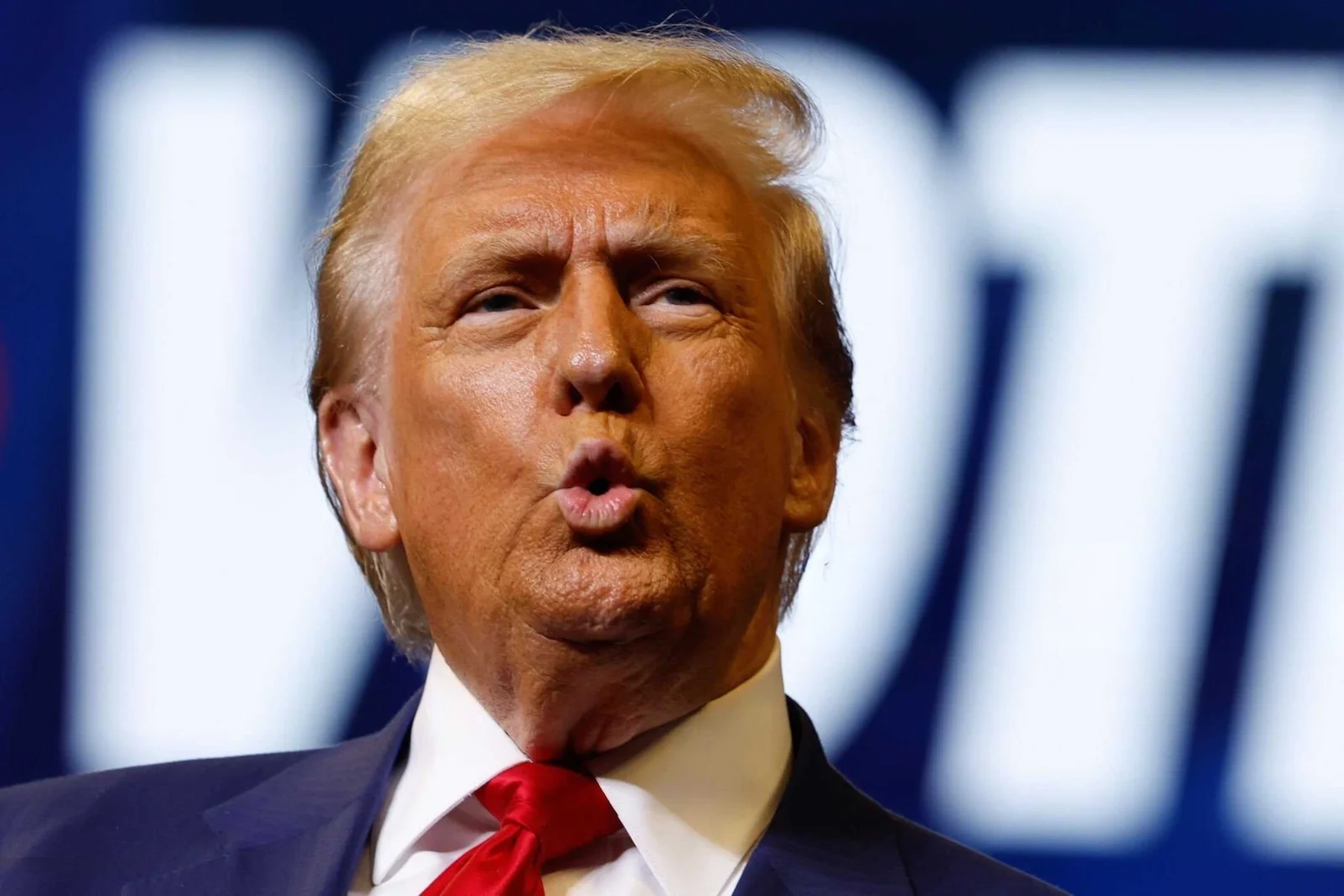
Trump 2.0: Disruptor or Peacemaker?
Donald Trump’s return to the White House has sparked significant global debate. According to a new study, some view it as a boon for peace, American influence, and dialogue between global powers. However, these sentiments are far from universal, with notable resistance among key U.S. allies such as the United Kingdom, Western Europe, and South Korea.
Trump has promised an impactful return, vowing that his administration would deliver the “best first day, the biggest first week, and the most extraordinary first 100 days of any presidency” in American history. This pledge underscores his intention to make an immediate mark on domestic and global fronts.
The European Council on Foreign Relations (ECFR), in collaboration with Oxford University’s Europe in a Changing World project, conducted a comprehensive study to gauge global attitudes toward the U.S. under a second Trump presidency. Based on surveys from 24 countries, the study suggests that perceptions of U.S. power and its global role have shifted considerably. The United States, the report claims, is no longer widely regarded as the defender of the liberal international order. Instead, “Making America Great Again” appears increasingly at odds with global expectations, with many believing that the U.S. is destined to share the stage in a multipolar world.
The ECFR poll highlights China’s ascendance in global influence. A majority of respondents from surveyed nations believe China, not the U.S., will assume the mantle of global superpower. This perspective aligns with the report’s assertion that American geopolitical exceptionalism is receding, giving way to a world where the U.S. is one of several influential powers rather than the uncontested leader.
The reaction to Trump’s return varies markedly by region. In emerging powers like India, China, Turkey, and Brazil, there is optimism about the impact of a Trump presidency on global peace and their own national interests. For example, an overwhelming majority of respondents in India see Trump’s return as beneficial: 82% for global peace, 84% for their country, and 85% for American citizens. Similar sentiments are echoed in Saudi Arabia, where 57% view Trump’s return as a positive development for peace.
Trump’s foreign policy, particularly his stated intention to broker peace in Ukraine and the Middle East, has gained traction in many parts of the world. In India, large majorities believe his presidency would enhance prospects for peace in both regions. This optimism is mirrored in Saudi Arabia, Russia, and China. However, in Ukraine, public opinion is divided, with only 39% believing Trump’s leadership would advance peace efforts. Skepticism is even more pronounced in Europe and South Korea, where confidence in Trump’s peace-making abilities remains low.
America’s traditional allies are among the most apprehensive about a Trump presidency. Citizens in the UK, South Korea, and EU member states largely doubt that Trump’s leadership would bring positive change. For example, only 24% of respondents in the UK believe Trump’s return would facilitate peace in Ukraine, and an even smaller percentage (16%) think he would aid peace in the Middle East. Broader skepticism about U.S. reliability is evident, with only 22% of EU respondents viewing the U.S. as an ally—a significant decline from 31% just two years ago.
Despite doubts about American dominance, many believe U.S. global influence will grow in the coming decade. However, the idea of a U.S.-led unipolar world is increasingly dismissed. Majorities in countries like China, Russia, Saudi Arabia, and South Africa anticipate China’s rise as the dominant global power. Only in Ukraine and South Korea do significant majorities remain unconvinced of this outcome.
The report identifies five distinct groups based on their views of Trump’s return. “Trump Welcomers,” the largest group in countries like India and Saudi Arabia, see his presidency as a net positive for Americans and global peace. Conversely, “Never Trumpers,” prevalent in the UK, Switzerland, and the EU, view his leadership as detrimental. Other groups include “Peace-seekers,” who prioritize Trump’s potential impact on peace over his effect on U.S. citizens; “The Conflicted,” who are skeptical of his peace-making claims but see potential domestic benefits, and “The Uncertains,” who adopt a cautious wait-and-see stance.
While Europe’s anxiety about Trump is palpable, the study suggests the EU has opportunities to bolster its influence in a changing world. Majorities in countries like India, South Africa, and Brazil view the EU as a rising global power and a valuable ally. This perception presents an opening for Europe to strengthen partnerships and assert itself on the global stage. For instance, the recent EU-Mercosur trade agreement exemplifies how Europe can leverage its economic and strategic clout.
Foreign policy experts involved in the study argue that Europe must adapt to a transactional global order. Rather than opposing Trump outright, European leaders should focus on advancing their own interests by forging strategic alliances and enhancing domestic cohesion. As Mark Leonard of the ECFR notes, “Europeans should take responsibility for their interests – and find ways of building new relationships in a more transactional world.”
Commenting on the findings, co-author and Chair of the Centre for Liberal Strategies, Ivan Krastev, said: “Europe is quite lonely in its anxiety about Trump’s return to the White House. While many Europeans view [Trump] as a disrupter, others, elsewhere in the world, see him as a peacemaker. This position leaves Europe at a crossroads in its relations with the new American administration.”
Timothy Garton Ash, one of the report’s co-authors, emphasizes that Europe’s reputation as a respected global actor offers hope. “Europe may stand almost alone in a Trumpian world, but this doesn’t mean we Europeans are powerless to act. There are opportunities in this new, transactional space for alliances and influence. Indeed, the fact that the EU is held in such high regard by people in so many countries and is even expected to grow in strength in the coming decade should give leaders hope that there is room for a strong and independent-minded Europe in the world,” he said.
This wide-ranging analysis from the ECFR underscores the divergent global reactions to Trump’s return. While some see him as a disruptor, others view him as a peacemaker. The findings highlight the complexity of global power dynamics and the need for nuanced strategies in navigating a multipolar world.
